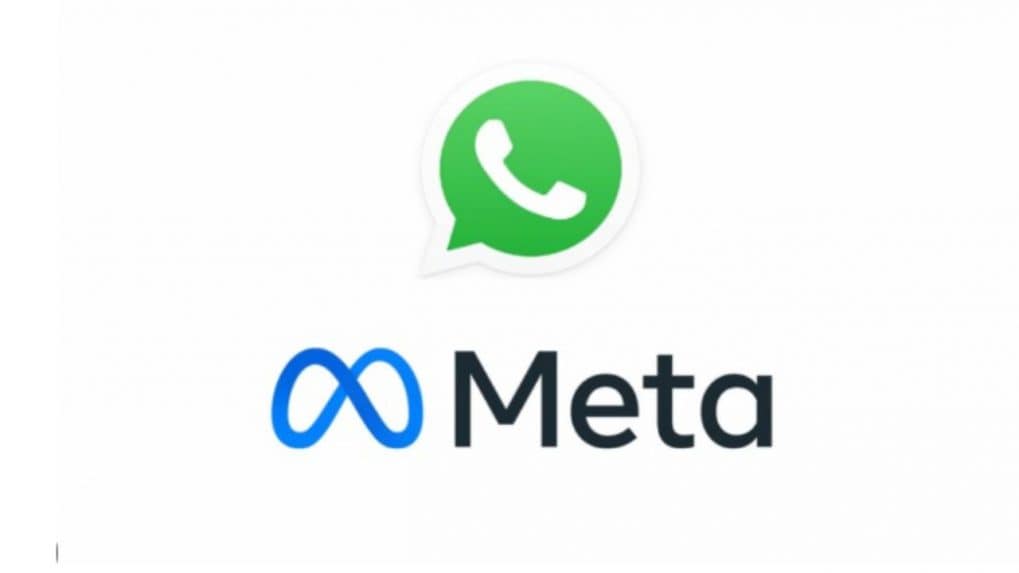WhatsApp Co-Founder: No ads or social features ever intended, strengthening Meta's defense
The FTC accuses Meta Platforms Inc. of monopolizing the social networking sphere through its acquisitions of WhatsApp and Instagram, seeking to break up the company by alleging it stifled competition.
ADVERTISEMENT
Brian Acton, co-founder of WhatsApp, told a US federal court that the popular messaging platform never aimed to build social networking features like Facebook or, critically, an advertising-based model. His testimony significantly aids Meta’s defense in the ongoing antitrust trial brought by the Federal Trade Commission (FTC), as per reports.
“We had no ambition to build Facebook-like functionality like a feed or any Facebook-like features,” Acton stated in Washington. He further suggested WhatsApp could have remained viable as a subscription service, avoiding advertising, had it not been acquired by Facebook (now Meta), reports revealed.
This testimony marks a pivotal moment in the sixth week of the landmark antitrust trial. The FTC accuses Meta Platforms Inc. of monopolizing the social networking sphere through its acquisitions of WhatsApp and Instagram, seeking to break up the company by alleging it stifled competition.
A core tenet of the FTC’s case is that Meta perceived WhatsApp as a burgeoning threat in social networking, despite it being a private messaging service at the time of its $19 billion acquisition in 2014. The agency has cited internal communications, portraying Meta executives, including CEO Mark Zuckerberg, as concerned WhatsApp could evolve into a broader social platform. Zuckerberg’s 2013 email to Facebook’s board warned of messaging apps transforming into full-fledged social networks as a major competitive risk.
However, Meta’s legal team pushed back, presenting a handwritten note from Acton during Tuesday’s session, emblazoned with “No Ads! No Games! No Gimmicks!” as evidence of WhatsApp’s pre-acquisition philosophy. Acton, called as a Meta witness, affirmed there were no plans to incorporate social media features or an advertising model into the app’s roadmap.
Acton also expressed concern over Meta’s subsequent launch of a business version of WhatsApp, criticizing it for potentially compromising end-to-end encryption. This commercial arm was developed after his 2018 departure, a move he stated he opposed while still at Meta.
Despite a later divergence in values, Acton acknowledged Meta’s offer represented a "fair valuation" considering WhatsApp’s user base at the time. He highlighted the app’s success with its subscription model in several countries, indicating potential for revenue growth via that route.
Since his exit, Acton has publicly distanced himself from his former employer, notably tweeting “#DeleteFacebook” after the Cambridge Analytica scandal in 2018. Although he profited significantly from the sale—his net worth is estimated at $4.5 billion—he has expressed regret over the deal, particularly as Meta shifted towards monetizing WhatsApp through ads.
Read More:AI vs. Agencies: Mark Zuckerberg's vision of ad disruption sparks debate in India


